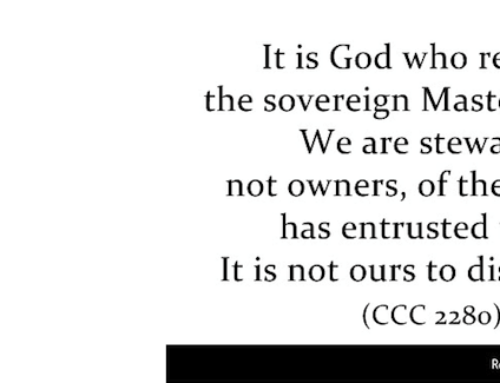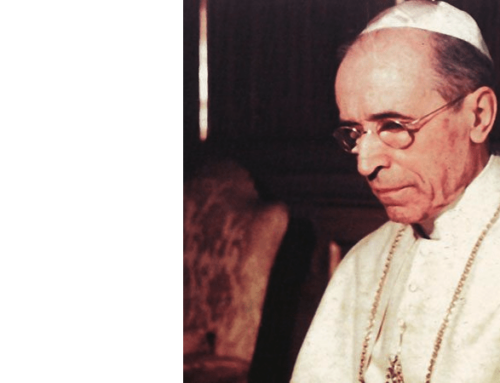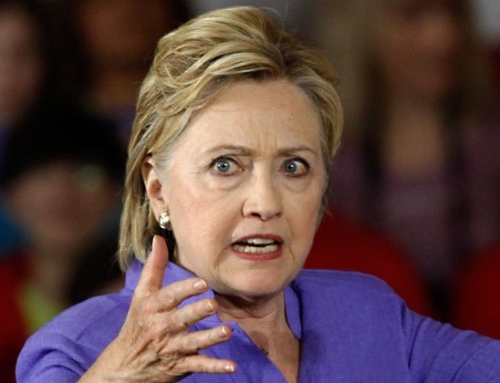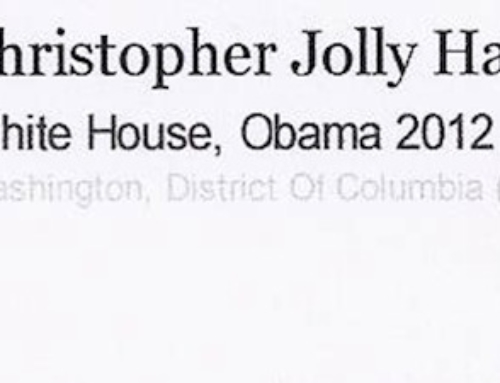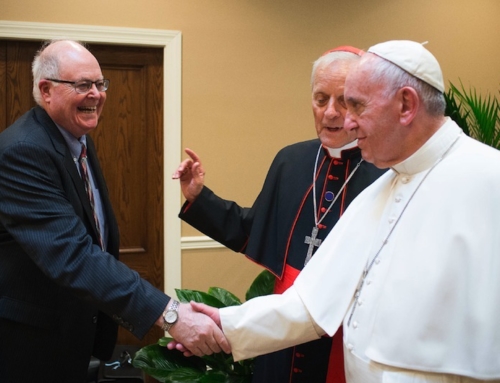By Bill Donohue
This article was originally published by Newsmax on May 9, 2014.
After it was learned that a Southern California eighth-grade class was asked to debate the reality of the Holocaust, a firestorm ensued.
Apologies followed, and pledges were forthcoming from the Rialto Unified School District not to let this happen again. While it may not happen again in this school district, it will certainly happen again elsewhere. Why? Because this is hardly the first time something like this has happened.
More important, the critics of the assignment don’t seem to understand what is really driving this issue.
The Rialto students were asked to respond to the following: “When tragic events occur in history, there is often debate about their actual existence. For example, some people claim the Holocaust is not an actual event, but instead is a propagandizing tool that was used for political and monetary gain.” This was supposed to be an exercise in critical thinking.
Immediately, the Anti-Defamation League said this assignment has “no academic value,” saying it “only gives legitimacy to anti-Semites.” The Simon Wiesenthal Center complained that the Holocaust “is the most documented monstrous crime in history.”
One of the Center’s speakers, Rabbi Abraham Cooper, wondered what is “broken” in the school district. All of these statements are true, but they miss the most salient point: What leads people to second-guess the reality of the Holocaust is not bigotry; rather, it is the proposition that moral absolutes do not exist.
The idea that truth is a fiction, and that all moral precepts are equally valid, has been the reigning wisdom in academia for decades. It is not just deconstructionists who cast doubt on the plain meaning of words; rather, it is those who fancy themselves as critical thinkers. When students are told, over and over again, that what appears to be reality is nothing but a social construct, certain outcomes follow. Nowhere is this more deeply entrenched than in the humanities and the social sciences; the law schools are just as bad.
In the 1990s, Hamilton College professor Robert Simon said that while his students acknowledged the reality of the Holocaust, 10 to 20 percent of them refused to condemn it.
“Of course I dislike the Nazis,” one student told him, “but who is to say they are morally wrong?” At about the same time, professor Christina Hoff Sommers recalled how a student at Williams College took this issue a step further. “Although the Holocaust may not have happened, it’s a perfectly reasonable conceptual hallucination.”
The late James Q. Wilson encountered the same phenomenon. When discussing the Nazi genocide of Jews with his students, he found that “there was no general agreement that those guilty of the Holocaust itself were guilty of a moral horror.”
These are more than anecdotes: in 2002, a survey of college students found that 73 percent believed that “what is right and wrong depends on differences in individual values and cultural diversity.” More recent studies show no departure from this perspective.
It would be a mistake to think that none of this matters. The great English historian Paul Johnson sought to uncover the causes of mass murder under the regimes of Hitler, Stalin, and Mao. He concluded that “Moral relativism in monstrous incarnation” is what undergirds totalitarianism. Think of it this way: When morality is reduced to personal predilections, and when objective standards give way to subjectivism, anything can be justified.
“There is no such thing as truth, either in the moral or in the scientific sense.” Those are the words of Adolf Hitler. This proposition is the etiological basis upon which doubts about the Holocaust are based. Morality becomes a free-for-all once objective standards of right and wrong, such as the Ten Commandments, are jettisoned. Indeed, the moral relativism of the Weimar Republic is what made Hitler possible. To be exact, it was moral ennui that resulted in the gas chambers.
If we are to break open students’ minds about the horror of the Holocaust, we need to spend more time educating the educators on the dangers that are inherent in an ethics of moral relativism. Then they might be able to teach their students that there are truths, among them being that the Holocaust not only existed, but that it was a moral monstrosity.


